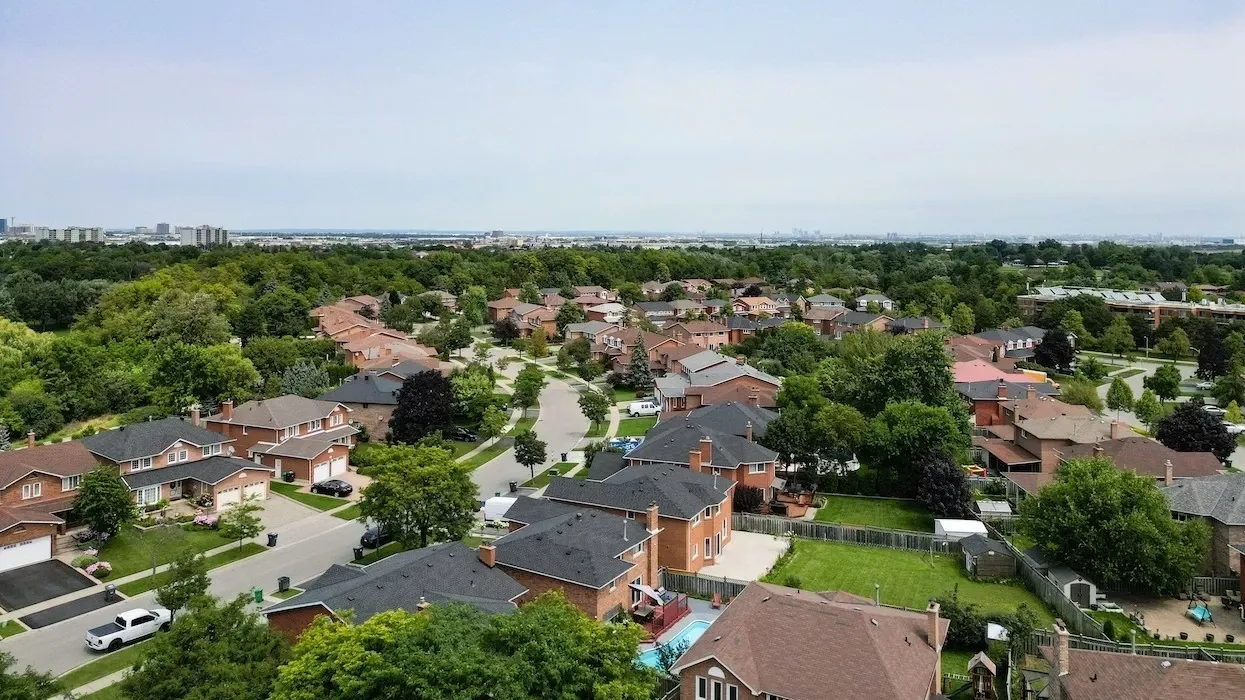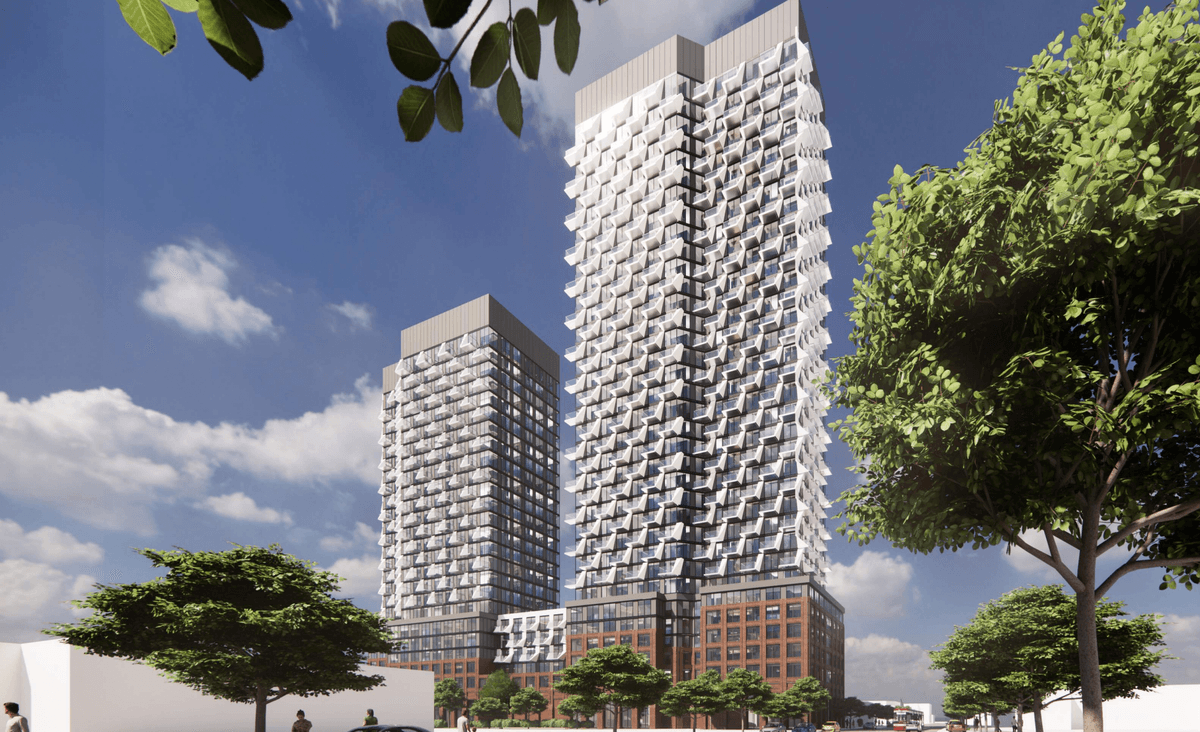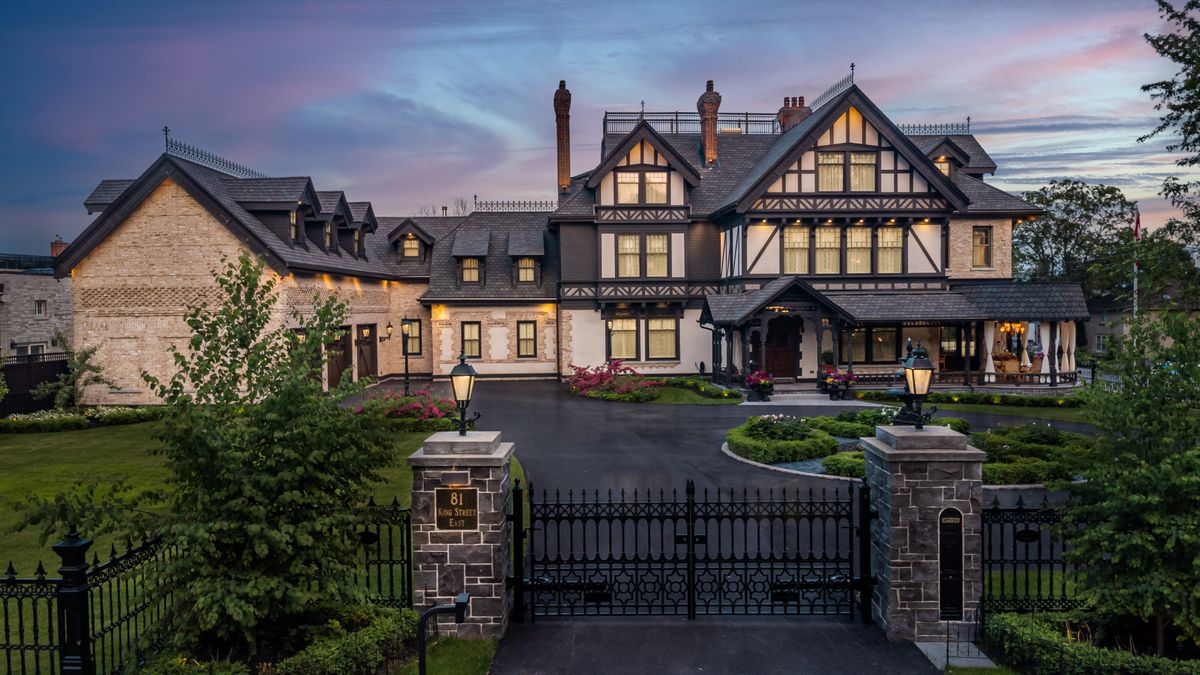The City of Brampton has officially resumed its landlord licensing program, which was launched at the start of this year and abruptly paused just weeks later following outcry from landlords. Now that the pilot is back in effect, landlords and property owners in wards 1, 3, 4, 5, and 7 who own between one and four rental units are required to obtain a licence.
A press release put out by the City on Thursday says that a number of “refinements” have been made to the Residential Rental Licensing (RRL) pilot program, including updates to the application process to make it faster and simpler. To that end, landlords are no longer required to provide proof of ownership, a criminal record check, detailed parking, storage, and floor plans, or proof of electrical and gas inspections when registering their units.
As well, the release notes that “to encourage applicants to obtain a licence through the program (including registered Additional Rental Units and convertible dwellings), there is a full $300 fee waiver for the length of the pilot for applications filed prior to June 30, 2024.” Previously, the full fee waiver was over the first three months of the pilot, to be followed by a 50% discount between April 1 and June 30.
“For licences issued by June 30, 2024, the renewal fee would not be required in January 2025,” the release additionally says.
Yesterday, Brampton City Council approved changes to the Residential Rental Licensing (RRL) Pilot Program, aimed at enhancing rental property standards and ensuring the safety and well-being of residents.
Here’s what you need to know 🔗: https://t.co/WvBSVmOqw7 pic.twitter.com/XebjvrC6Es
— City of Brampton (@CityBrampton) March 28, 2024
There’s been no shortage of discourse surrounding the RLL program since it was first launched on January 1, 2024. Landlords were particularly fired up after the program went into effect, with many claiming that not enough information had been provided to the public about the program leading up to its launch, and that it puts an undue financial burden on good actors as well as bad.
Although the City opted to put the pilot on ice in response to these kinds of concerns, Brampton Mayor Patrick Brown has continued to emphasize the need for a program that requires all basement suites, garden suites, and lodging homes in the city to be legitimized and monitored.
“Our funding in Brampton is based on per-capita from the province and feds. The fact that we have 100,000 people potentially living in illegal units means we don’t get that money,” Brown said at a Committee of Council meeting held on January 31. “So it means the pressure on health care and the police is exacerbated because of this. If we want money for those services, we need to actually know who is living in these illegal units.”
More recently, at a telephone town hall that was open to the public and held at the beginning of March, Brown said that there’s no topic the City gets more complaints about than illegal suites.
“There was an example in Ward 3 on Blackmer Circle where we got a complaint and there were [24] students living in the same two-unit dwelling. Imagine that. We had another instance where we got a complaint on Cousins Court: 25 tenants residing on site. Eight of the 25 lived in the basement. No separations, no fire extinguishers or emergency lighting. And we get these complaints on a regular basis,” Brown explained.
“We've had four fatalities in these illegal secondary units since I've become mayor. Four fatalities, four senseless, needless losses of life,” he also said. ”And in 2023 alone, we had 21 fires in illegal units — 21 fires that could have caused significant loss of life. The question is, as a city, are we going to have the courage to really, really clamp down on slum landlords?”
The RLL program was first unveiled to the public last spring, and was passed unanimously by Brampton City Council last March. In addition to the licensing piece, the program calls for annual and random inspections, new enforcement procedures, steep fines for non-compliance, a demerit point system for landlords, and the creation of a registered landlord directory and ‘Landlord Code of Conduct.’
- Brampton Pauses Landlord Licensing Program Just Weeks After Its Launch ›
- Brampton Looking At Steeper Fines, LTB Exemptions For Landlord Licensing Pilot ›
- Brampton Launches Landlord Licensing Program To Crack Down On Illegal Rentals ›
- Brampton To Resume Landlord Licensing Pilot In March Despite Public Outcry ›
- Brampton Announces Fines Up To $1,200 For Unlicensed Landlords ›





















